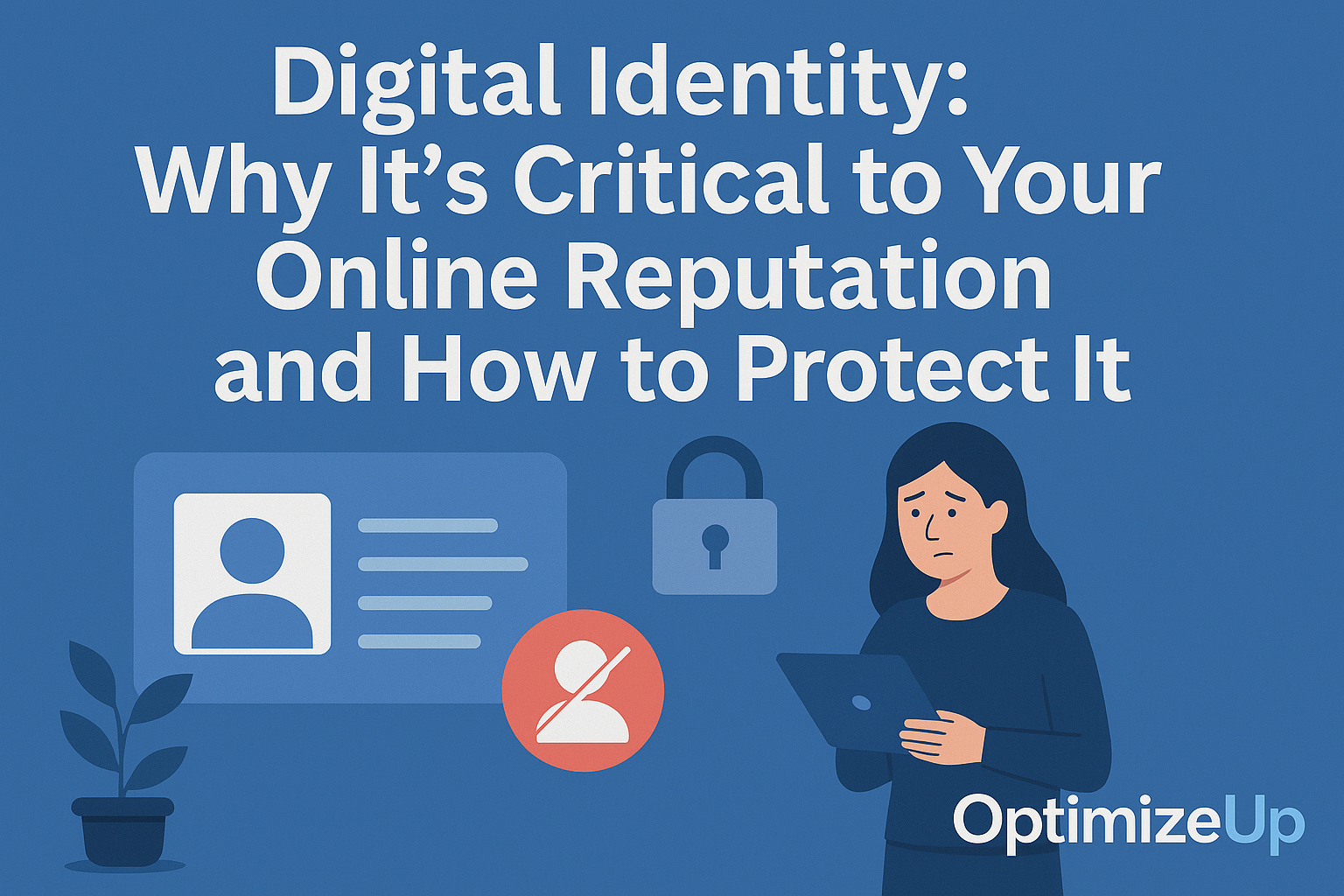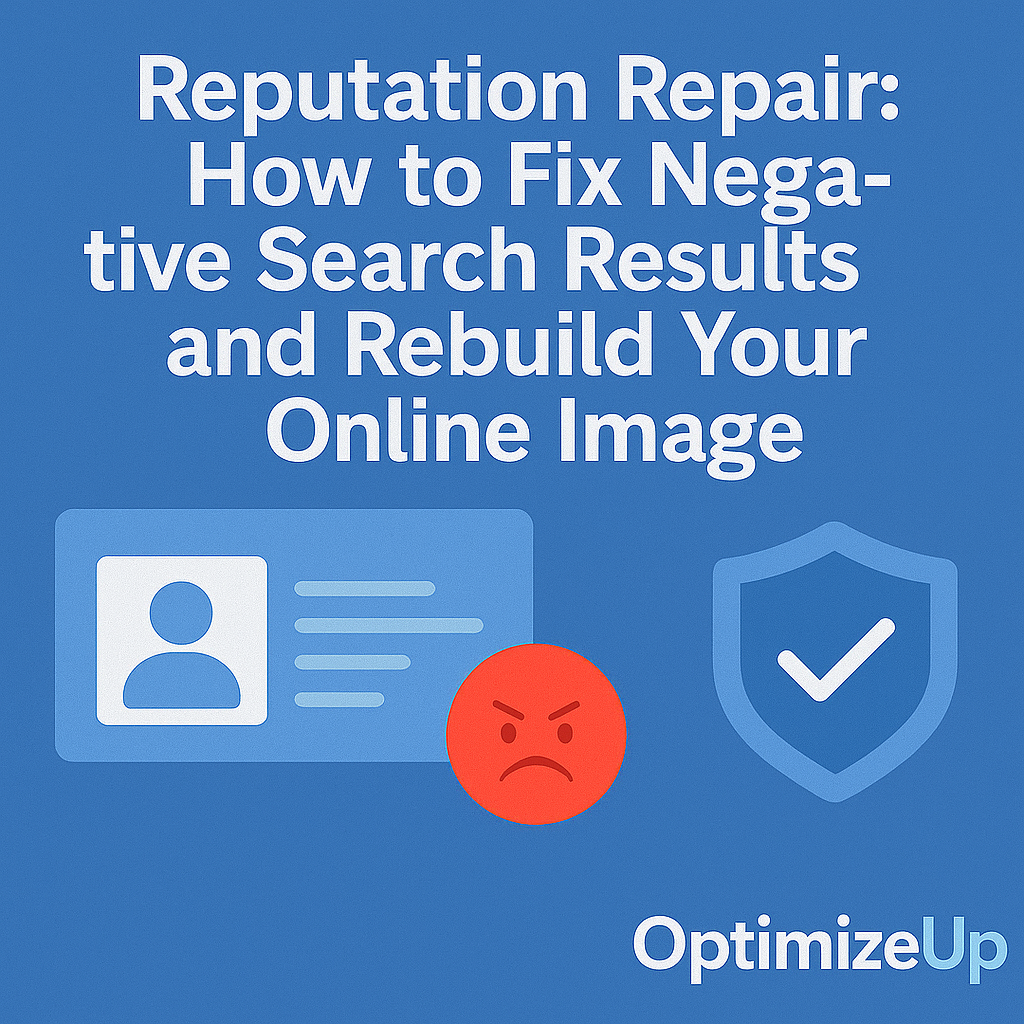Understanding Digital Identity
Digital identity encompasses the information available about an individual or organization online. This includes usernames, social media profiles, online behavior, and more. It’s the sum of your online activities and representations, shaping how others perceive and interact with you in the virtual space.
Components of Digital Identity
- Personal Information: Name, date of birth, contact details, and even biometric identifiers such as facial recognition and fingerprints used for account verification.
- Online Accounts: Email addresses, social media profiles, subscriptions, and professional networks like LinkedIn.
- Digital Footprint: Browsing history, cookies, IP address tracking, purchase history, and online search behavior.
- User-Generated Content: Blog posts, social media updates, product reviews, forum comments, and public interactions.
- Metadata: Data behind the data—timestamps, location tagging, and device information.
Each component contributes to how others perceive you online, influencing your credibility, employability, and even your legal rights.
The Evolution of Digital Identity
In the early internet era, digital identity was limited to email addresses and basic login credentials. Today, it’s an intricate mosaic of biometric authentication, behavioral analytics, and AI-generated profiling. With the rise of Web3 and decentralized identity systems, users are beginning to demand more control and ownership over their data. Blockchain-based IDs, for example, enable users to selectively share credentials while ensuring privacy.
The Impact of Digital Identity on Online Reputation
Your digital identity directly affects your online reputation. Employers, clients, universities, landlords, and even potential romantic partners often perform online checks to learn more about you. A positive digital identity can open doors to career growth, investment opportunities, and social credibility, while a negative one can lead to reputational damage, lost income, or legal challenges.
Case Study: The Professional’s Dilemma
Consider a software engineer applying for a high-security role at a fintech firm. Despite an impressive résumé and clean criminal record, a Reddit comment from years ago containing controversial opinions resurfaces. The comment, although anonymous, is linked back to their username, damaging the hiring prospects. This scenario underscores the importance of managing your digital identity proactively.
The Role of Search Engines
Google, Bing, and other search engines act as the gatekeepers of online identity. What appears on page one of a Google search for your name is often taken at face value. If defamatory or outdated information dominates the results, it can severely impact your online reputation, regardless of its accuracy.
Threats to Your Digital Identity
Several risks can compromise your digital identity:
1. Identity Theft
Criminals may steal personal details like your Social Security Number or financial information to open accounts, take out loans, or commit fraud.
2. Data Breaches
Hackers frequently target corporations, social networks, and financial institutions to obtain user data. If your credentials are leaked, you become vulnerable to further attacks.
3. Phishing Attacks
These scams trick users into revealing sensitive data. Emails, fake websites, or messages posing as trusted institutions lure victims into disclosing passwords and other personal details.
4. Deepfake Manipulation
Deepfakes are hyper-realistic videos created using AI to impersonate someone. These can be used maliciously to tarnish reputations or spread misinformation.
5. Reputation Damage
Old photos, questionable tweets, low-star reviews, or associations with controversial groups can haunt individuals for years.
6. Third-Party Data Brokers
Companies like Spokeo, Whitepages, and PeopleFinder collect and sell your personal data. These data brokers aggregate publicly available information and resell it for profit, often without your consent.
Strategies to Protect Your Digital Identity
1. Regularly Monitor Your Online Presence
- Set up Google Alerts for your name and key identifiers.
- Use tools like BrandYourself, Mention, and Hootsuite for social monitoring.
- Conduct incognito searches to see unbiased search engine results.
2. Strengthen Account Security
- Create strong, unique passwords with a password manager like 1Password or Bitwarden.
- Enable two-factor authentication (2FA) on all accounts.
- Periodically update security questions and account recovery methods.
3. Manage Privacy Settings
- Audit privacy settings on social platforms like Facebook, LinkedIn, and Instagram.
- Revoke permissions from third-party apps connected to your accounts.
- Regularly clear cookies and browser cache.
4. Be Cautious with Online Sharing
- Think twice before posting politically charged or controversial content.
- Avoid sharing real-time locations, financial details, or identifiable family information.
5. Remove Unwanted Personal Information
- Use services like DeleteMe or ReputationDefenders to request removal from data broker sites.
- Submit takedown requests via Google’s Remove Outdated Content Tool or Right to be Forgotten (where applicable).
6. Utilize Professional Services
Companies like Optimize Up specialize in suppressing harmful search results, promoting positive content, and monitoring for threats in real-time. They provide comprehensive digital identity repair and strategic content management tailored for professionals, executives, and high-net-worth individuals.
7. Build a Strong, Trustworthy Online Persona
- Publish thought leadership articles.
- Create a personal website with a custom domain.
- Engage in reputable forums and comment sections with your real name.
The Role of Optimize Up in Digital Identity Management
Optimize Up offers tailored solutions to maintain, enhance, and protect your digital identity across all major platforms. Their key services include:
- Reputation Monitoring: Keeping track of online mentions, reviews, and user-generated content.
- Content Management: Promoting positive search engine results using SEO and strategic content development.
- Crisis Management: Mitigating negative press or sudden reputation attacks through legal and PR strategies.
- Privacy Management: Assisting in data removal from people-search sites and optimizing privacy settings.
Optimize Up’s advanced tools and personalized support ensure your online image aligns with your personal and professional goals.
➡️ Ready to protect your online presence? Contact Optimize Up today to schedule a free consultation.
Frequently Asked Questions (FAQ)
It refers to the collection of online data and content associated with a person, including social profiles, comments, search results, and login credentials.
You can influence it by optimizing your content, requesting removals, and suppressing negative results with positive, SEO-friendly material.
Ideally once a month or immediately after any significant personal or professional event.
Complete erasure is nearly impossible, but you can significantly minimize exposure by removing personal data from directories and limiting new content.
Experts offer strategies and resources the average user cannot access, including legal takedowns, high-authority publishing, and comprehensive monitoring tools





